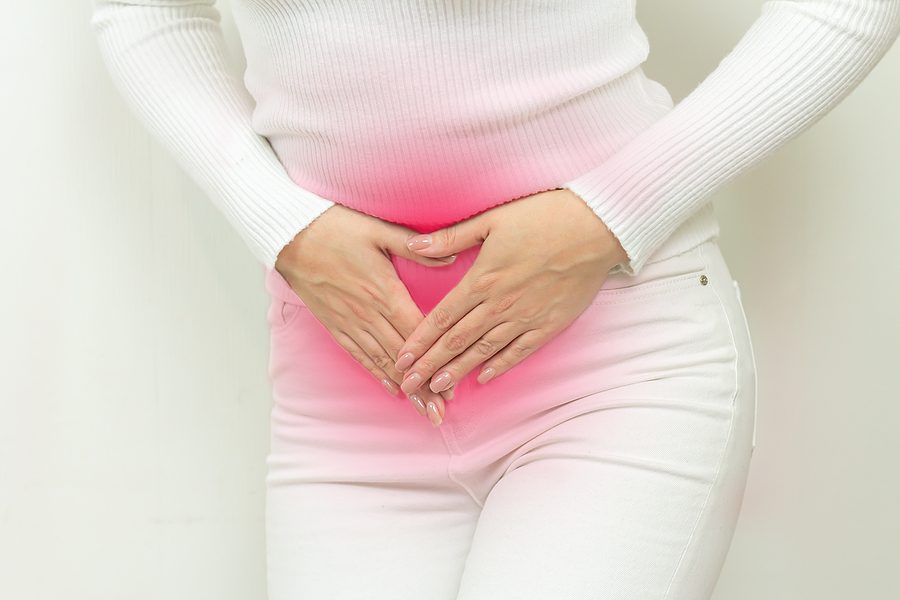Polycystic Ovary Syndrome

What is it ?
Polycystic Ovary Syndrome or also known as PCOS is one of the most frequent endocrine disorders, between 5% and 10% of women of fertile reproductive age present it. It is believed that genetic predisposition is one of the factors that have the greatest influence on suffering from it, although it is also related to other environmental causes such as obesity or diabetes. It is characterized by a hormonal imbalance that causes a malfunction of the ovary.
Symptoms
La más común es el hiperandrogenismo, manifestándose principalmente con la aparición de vello corporal en lugares donde es común de los varones, sin embargo, también puede existir alopecia, acné o cambio en la voz.
De igual forma hay alteraciones menstruales debido a problemas con la ovulación, acompañado de infertilidad en 40% o 50% de los casos de Síndrome Ovario Poliquístico, igualmente aumenta el riesgo de abortos y complicaciones obstétricas. En otros casos puede haber resistencia a la insulina, que se muestra con la aparición de acantosis nigricans.
Why does it happen?
FSH and LH regulate ovarian function, they are produced by the pituitary gland. Upon reaching puberty, women have about half a million eggs, each cycle a few are lost, not all of them will be suitable for fertilization, but if some reach maturity, as they grow they produce to go from producing androgens to estrogens, estrogens favor the proliferation of the endometrium and progesterone stabilizes it and prevents it from growing.
To better understand it, we can divide the woman's cycle into two phases, proliferative, which is the moment in which the oocytes begin to grow until a dominant follicle remains, at which point an LH surge occurs that will cause ovulation. The egg will begin to predominate the progesterone that prepares the endometrium for a possible pregnancy.
In women with polycystic ovary, androgens fail to convert to estrogen, therefore, there will be a drop in FSH. Similarly, the anti-Müllerian hormone, a hormone that is also produced by the follicles, will also be high, which also inhibits the conversion of androgens to estrogens. Similarly, insulin seems to interfere with androgen production, for this reason, diabetes of any type is a factor for PCOS.
Is there treatment?
Yes, your diagnosis must always be accompanied by a personalized treatment, since your symptoms change from woman to woman. If you suspect or have been diagnosed with PCOS and want to get pregnant, at PROCREA we can make it possible. The main thing is to schedule an assessment consultation that allows us to look for options together.
Talk to our doctors










